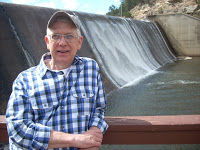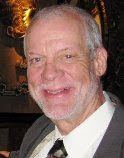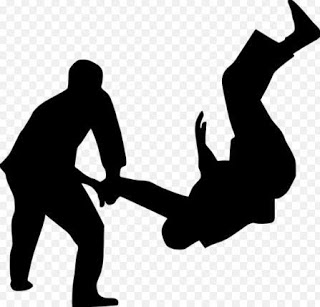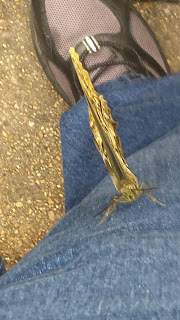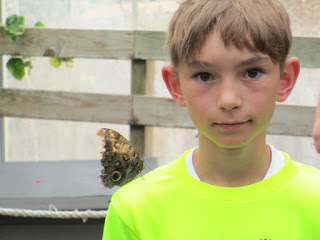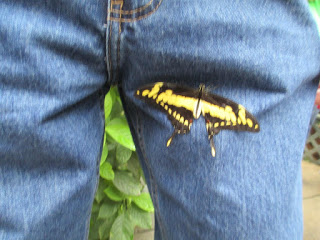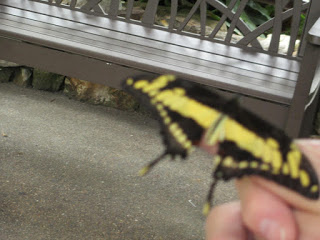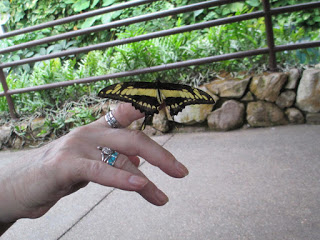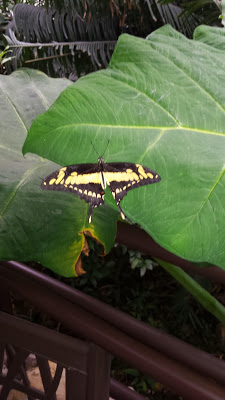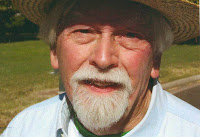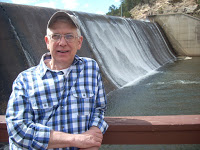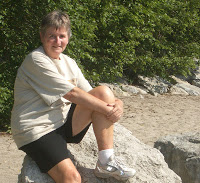In this life nothing is forever. Possessions rust, tarnish, are lost, stolen, or permanently misplaced. Some things we own just simply wear out or become broken. Pets live their allotted time span, if they are lucky, and then die. People do the same. No one wants to think about or dwell on “death”, but we all will face it during our lifetime.
When I was a child of 2, my beloved pet dog, Bonnie, died from canine distemper. I was too young to comprehend “death” but I knew that she was no longer around.
At 13-years old, I discovered my neighbor from across the street, dead. I had not seen him for almost two weeks but his livingroom light was on all day and night. I went over to investigate. Looking in the cabin livingroom window I could see him locked in the attitude of trying to get out of bed. His door was unlocked and I opened it to be sure he was dead. His medium size pet dog met me at the door. The dog was emaciated. I stepped in and could smell the man was really dead. I noticed that the dog had drank all the water in the toilet bowl so I flushed it so he would have some more. I then ran home and called the sheriff’s office and then took the dog some food. I wanted to keep the dog at least until he was back in good condition, but the deputy insisted that the animal shelter would care for him.
Next to go was my mother’s dad while I was in the Air Force stationed in Florida. I took leave to attend his funeral in Minnesota. I hesitated to go into the viewing room so my 3-year-older-than-me uncle gently pushed me into the room. I had hesitated to decide if I really wanted my last memory of my grandfather to be this one. My uncle unwittingly made the choice for me. A few weeks thereafter, my mother wrote to tell me my pet dog, Peewee, died. I cried a little for her.
While working as a deputy sheriff in Pima County, Arizona, I had the occasion to discover three fatal traffic accidents. One killed a migrant worker when the vehicle he was riding in rolled over. He was thrown out and the car came to a stop on his head. The second accident involved an Air Force enlisted man, his wife, and newborn child. It happened on Christmas day and killed all three of them. No other vehicle was involved. The third accident was also a vehicle rollover. In this case, the two youths in the vehicle had been at a party involving some alcohol. Their high school classmates at the party reported later that the passenger had not been drinking, but the driver had. The driver survived the rollover and walked away uninjured. The passenger was thrown half-way out the passenger door at the time the door shut on his abdomen. These are three memories I wish I did not have, and they do periodically haunt me.
My mother passed a few years later from liver cancer. I arrived from Arizona to speak to her the afternoon prior to her passing that night. I took the early morning phone call from the hospital and woke my step-father to tell him. Then I went in to my sister’s bedroom where I could hear her crying and comforted her. After she calmed down I woke my brother and stayed with him for a while. He didn’t cry in front of me. I didn’t cry at all, but I did feel a loss. No one comforted me.
While in the Air Force for the second time, this time as an officer, my cat, Charlie, caught feline distemper. I made a “bed” for him near the furnace in the laundry room with a supply of water. I awoke during the wee hours of the night and felt that I should go check on him. He was breathing irregularly when I arrived in the laundry room and he looked at me with his beautiful blue eyes. I sat down and picked him up and held him and stroked his head and back. He died in my arms about three minutes later. I shed precious few tears for him.
Soon thereafter, my father’s mother passed away followed by my mother’s mother. More trips to Minnesota to attend funerals followed. Still no tears. Then the day I was dreading came. My father had gall bladder removal surgery which was successful, but his kidneys shut down and never restarted. He died two weeks after the surgery. Yet another trip to Minnesota followed. Still no tears, just holes left in my heart where everyone had been.
Then in September, 2001, my best friend and lover passed away from complications of breast cancer. Although my mental blockage of negative emotions had begun to break down back in 1981, it was mostly still in place, thus, I didn’t cry, but all the joy of life left me and I became an empty shell of the person I used to be, that person is not what I am like today.
Three years ago my brother that I comforted when our mother died, passed away from advanced prostate cancer. I had stayed with him for three months while he lingered. I had been notified of needing to appear for jury duty but was able to reschedule it once for two months into the future. When my time to appear was approaching, he was still alive but I had to return home. He died the day after I arrived home. I had no funds to return for his funeral and I was not needed for a jury. I could have stayed there after all.
As if to rub-my-nose in all this past death experiences, last Friday, July 10th, one patron of the establishment where I work had a heart attack and died. I evaluated his pulse by feeling his neck and listened for his heartbeat by placing my ear on his chest. His eyes were open, dilated, and unresponsive to light. He was also very clammy. Thus, another memory I did not desire but I am stuck with was born.
The emotional blockage in my mind is crumbling fast and I am now flooded with emotion whenever the latest tragic news story is told about death at the hands of evil people and Mother Nature. These stories cause me to actually cry real tears for people I never knew and for those whom I did know.
There really is a 12-year old boy, who never matured mentally or emotionally, who still lives inside my head. We are both tired of all the death we have experienced and the killings that bombard us in the news. We both remember the fear of nuclear attack from the duck-and-cover days of school drills and fear of the bomb was always present in the back recesses of our shared thoughts. I know how alone he feels now that all our “ancestors” have passed because he is me and I am him, but we are not integrated into one complete and whole person. We are tired and we want our mother and father to hold and comfort us and help us navigate the ever increasing chaos of our society. But they are gone. Where are peace and love now? Where can we find them?
© 13 July 2015
About the Author
I was born in June of 1948 in Los Angeles, living first in Lawndale and then in Redondo Beach. Just prior to turning 8 years old in 1956, I began living with my grandparents on their farm in Isanti County, Minnesota for two years during which time my parents divorced.
When united with my mother and stepfather two years later in 1958, I lived first at Emerald Bay and then at South Lake Tahoe, California, graduating from South Tahoe High School in 1966. After three tours of duty with the Air Force, I moved to Denver, Colorado where I lived with my wife and four children until her passing away from complications of breast cancer four days after the 9-11 terrorist attack.
I came out as a gay man in the summer of 2010. I find writing these memories to be therapeutic.
My story blog is TheTahoeBoy.Blogspot.com

